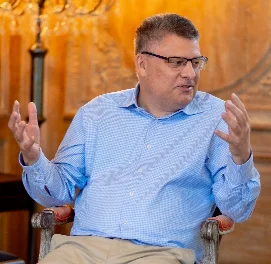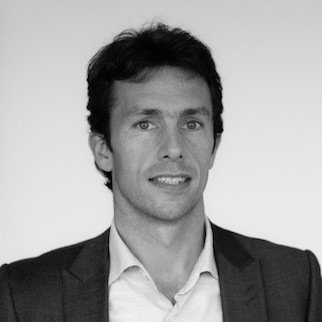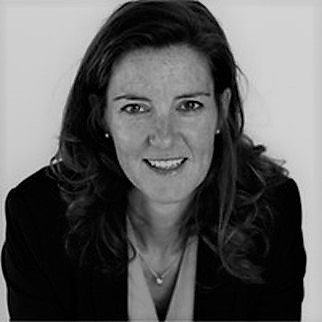So they are real partners, you really think that you have someone beside you; really diverse team, very able to work with different cultures, very agile; able to cope with ambiguity and complex environments; really able to unleash the potential in individuals, teams and organizations.
[wd_asp elements='search' ratio='100%' id=1]
- Why TPC Leadership
Why TPC Leadership?
Why Choose Us
- Why Choose Us
- Success Stories

- TPC Leadership develops leaders with a heart for leaders AND their organisations. They are engaged and passionate in what they do. They focus on the individual, but will always keep the vision and objectives of the organisation into account.Janna Kramer, Learning & Talent Development LeaderEY – NETHERLANDS
- Challenges
Organizational Challenges
- View All Challenges
- The Purpose ChallengeStrategies and desired culture can only find lasting traction when authentic purpose, values and mission lie at their heart.
- The Leadership BlockTo execute on your strategy you need a different kind of leadership – one that enables everyone to perform and experiment intelligently in the face of the unknown.
- The Culture HurdleFor a culture to drive the behaviors your organization needs to thrive, you have to deconstruct the thinking and systems beneath it.
- The Consistency GapIf your desired culture is going to come into being and last, you need people to demonstrate the right behaviors at all levels of your organization.
- Solutions
Organizational Solutions
- View All Solutions
- Research & Insights
- Contact Us














































































































